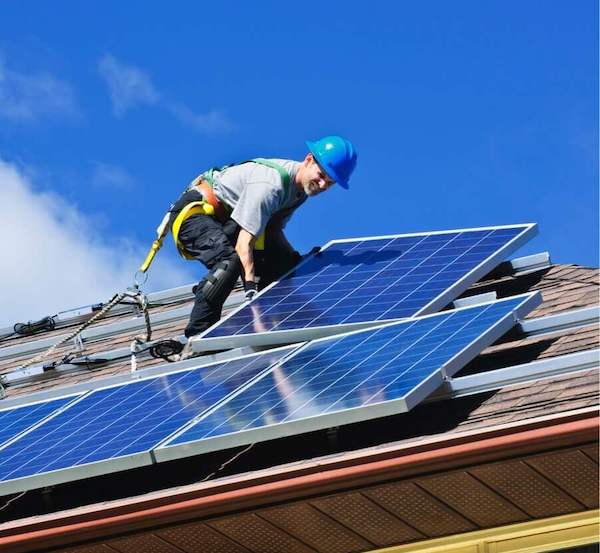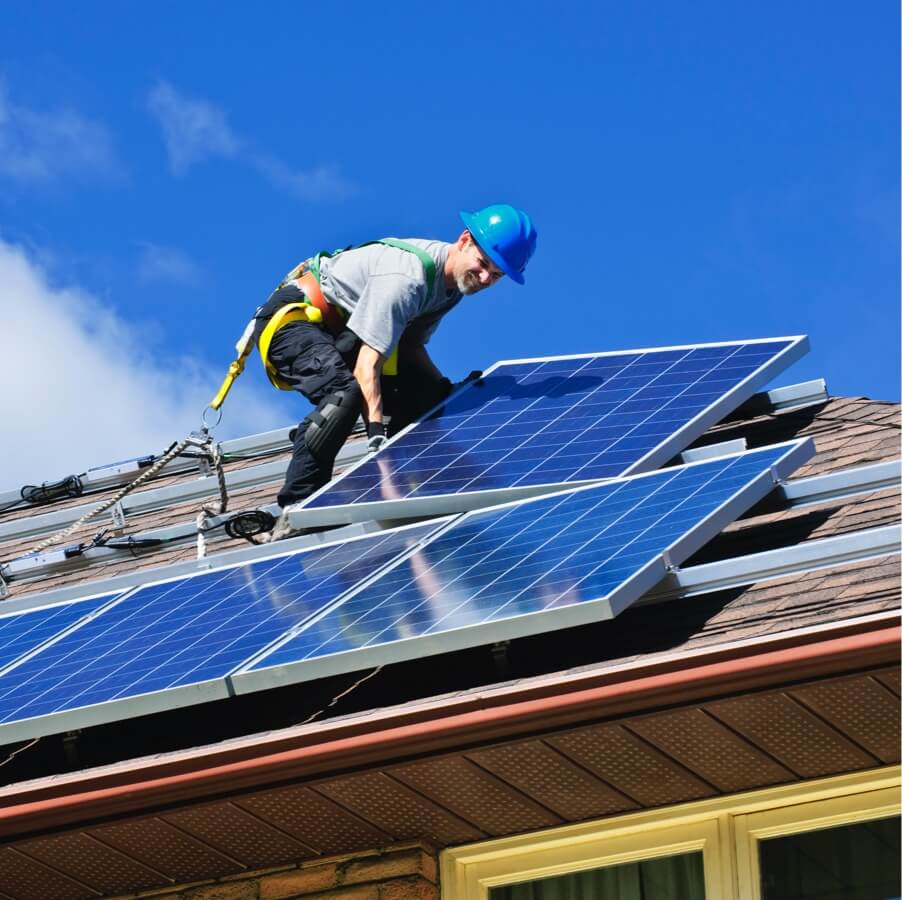Interesting Facts About Arizona
Arizona, known locally as the Grand Canyon State, has a total population of 7,151,502 as of 2020.Since 2010 the population has grown by 11.90%. You might be surprised to find out that 66.6% of the people in Arizona own their homes. This means that of the 7,151,502 people in Arizona, 66.6% are potentially elligible to install solar panels at their home. Click here to find out if you're elligible for solar panels. Famous for being the home of The most telescopes in the world, in Tucson, it should come as no surprise that the state motto is "Ditat Deus (God enriches)".
Arizona has a total area of 113,594.08 square miles of which 113,594.08 square miles is land. The average elevation in Arizona is 4,100 feet with the highest point being Humphreys Peak at an elevation of 12,633 feet. The lowest point in Arizona is Colorado River. This type of landscape is generally advantageous for solar panels.







